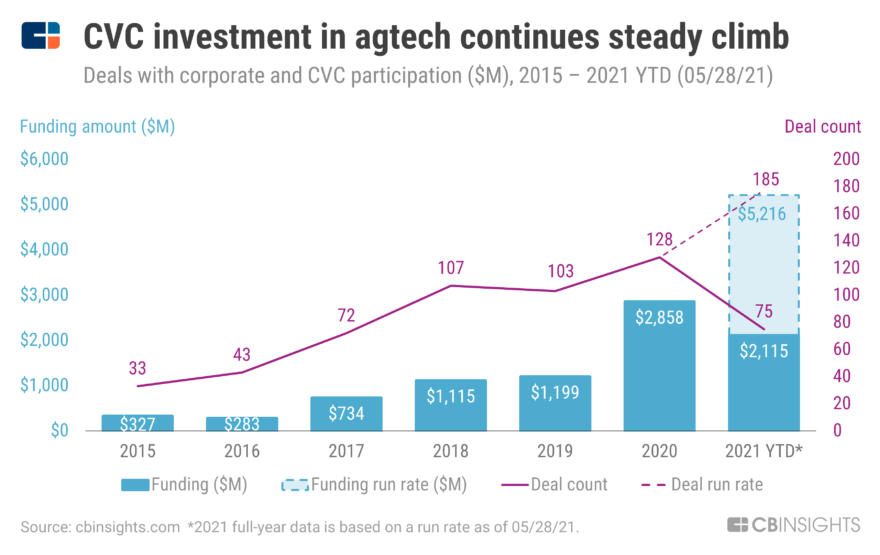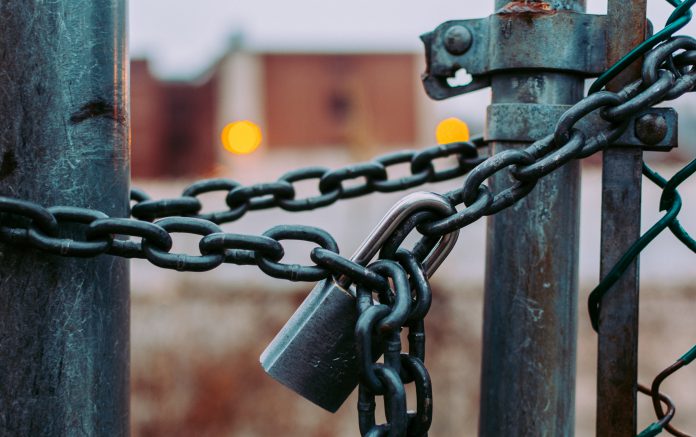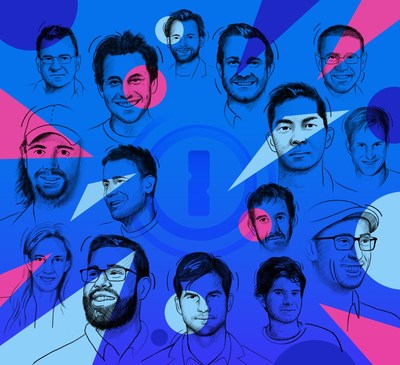

And once liquidity became more of a norm in the market, the cost of not addressing it earlier was employees leaving, Folkemer said. What triggers liquidity is a company not wanting to dilute itself too much, Eric Folkemer, Nasdaq Private Market’s head, told Crunchbase News recently. The median age for a private company was 10 years for the past couple of years, but the “most common age range” for companies that came to the Nasdaq Private Market for liquidity solutions was six to seven years. It made it easier for companies to raise more money and stay private longer.Ĭompanies participating in liquidity efforts earlier in their lifecycle is a growing trend, according to a 2018 End of Year report by Nasdaq Private Market, a platform that helps private companies with liquidity. That’s in part because of the JOBS Act in 2012, which changed the point at which companies had to disclose certain information to the Securities and Exchange Commission, among other things. Startups are staying private now much longer than they had before.

Secondary sales allowing founders to cash out were once far more taboo than they are today as companies stay private longer the pressure to keep founders and other executives has changed the narrative surrounding partial cash-outs of holdings before an often-delayed IPO. Which, naturally, likely allows for a delayed liquidity event, such as an IPO. But the sum invested in the company itself is smaller than the headline figure would have you believe the rest of the money effectively allowed existing shareholders to cash out a portion of their holdings.

One-third of $200 million is between $66 and $67 million, still a huge check for a company that historically eschewed external capital. Instead, a fraction of the money went to shares issued by the company while a large portion went to existing shareholders.Īt least one-third of the funds are going into the company and the balance to the founders, with the new investors getting a minority stake. However, lost in nearly every story covering the round was the fact that the $200 million wasn’t all a primary investment into the company. We dug into the founding story of 1Password and peeked at the larger Canadian startup scene (the password-focused security company is based in Toronto). The story was picked up by a host of folks, including Crunchbase News. News that Accel had invested $200 million into the erstwhile-bootstrapped 1Password landed this week with a bang. Morning Markets: Yesterday news broke that Accel put $200 million into 1Password.
#1password 100m accel 2b how to
Freelance Writers: How To Pitch Crunchbase News.


 0 kommentar(er)
0 kommentar(er)
